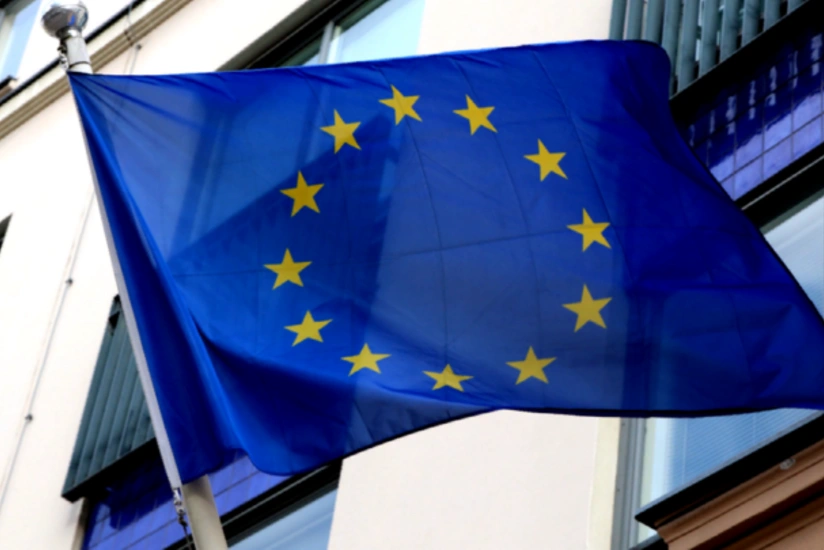EU strengthening co-op with countries in Black Sea, South Caucasus, Central Asian regions
- 22 October, 2025
- 08:34

The European Union aims to establish sustainable and efficient transport, energy, and digital links with the countries of Central Asia via Türkiye and the South Caucasus, Report informs referring to the European Commission.
The EU initiative to coordinate strategic investments in this area has become a central topic of discussion among representatives of European countries, as well as Azerbaijan, Armenia, Moldova, Türkiye, Ukraine, Kazakhstan, Kyrgyzstan, Tajikistan, Turkmenistan, and Uzbekistan.
"This meeting follows the EU's strategic approach to the Black Sea region and the EU-Central Asia Summit.
From the EU side, the High Representative for Foreign Affairs and Security Policy/Vice-President of the European Commission Kaja Kallas, Commissioner for Enlargement Marta Kos, and Commissioner for International Partnerships Jozef Sikela took part in the discussions.
In the meetings, participants affirmed their commitment to deepening cooperation in areas of common interest, enhancing mutual resilience and promoting more connected, secure and prosperous regions. Participants also discussed ways to enhance cooperation on shared security interests," reads the statement.
"The Black Sea region, a key bridge between Europe and Asia, plays a vital role in international trade and the transit of grains, energy and critical raw materials – making it central to regional and global security.
In a first ministerial session, EU Member States and Black Sea countries confirmed the essential importance of cross-regional security, including maritime security. The EU expressed its readiness to step up the support for Member States and partners building up maritime capacities, including monitoring, protecting critical infrastructure and countering hybrid threats.
Initiatives for broadening coast-guard cooperation in the region, supporting demining initiatives and addressing risks related to shadow fleet were also discussed, building on lessons learned in the Mediterranean and the Baltic Seas. These efforts are part of EU contributions to the security of Ukraine and ensuring resilience in the Black Sea region," the European Commission noted.
"In a second ministerial session, EU representatives, along with ministers from EU Member States, Black Sea and South Caucasus countries and Central Asia countries discussed an ambitious Cross-Regional Connectivity Agenda, which aims to explore economic opportunities and foster long-term shared prosperity, cooperation and peace.
The focus is on sustainable and resilient connections, in four priority areas: strengthening the cross-regional Trans-Caspian Transport Corridor (TCTC) and the extension of transport connections, developing high-speed internet access to drive innovation, digital trade, and secure critical infrastructure, improving energy links and accelerating renewable energy deployment to enhance energy security and diversification, harmonising and digitalising customs procedures to simplify cross-border trade and deepen market integration."
